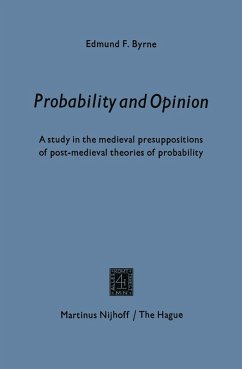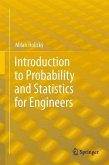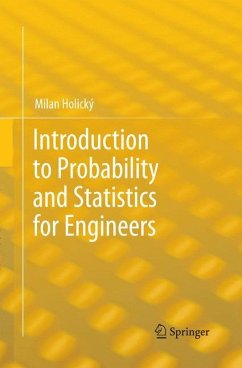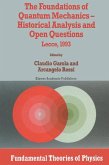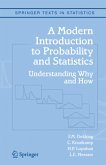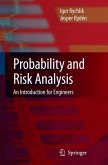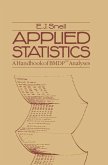Modern physics has accustomed us to consider events which cannot give rise to certainty in our knowledge. A scientific knowledge of such events is nevertheless possible. The method which has enabled us to obtain a stable and exact knowledge about uncertain events consists in a kind of changing of plane and in the replacing of the study of indi vidual phenomena by the study of statistical aggregates to which those phenomena can give rise. A statistical aggregate is not a collection of real phenomena, among which some would happen more often, others more rarely. It is a set of possibilities relative to a certain object or to a certain type of phenomenon. For example, we could consider the differ ent ways in which a die, thrown in given conditions, can fall: they are the possible results of a certain trial, the casting of the die (in the fore seen conditions). The set of those results constitutes effectively a set of possibilities, relative to a phenomenon of a certain type, the fall of the die in specified circumstances. Similarly, it is possible to consider the different velocities which can affect a molecule in a volume of gas; the set of those velocities constitutes effectively a set of possible values which a physical property, namely the velocity of a molecule, can have.
Hinweis: Dieser Artikel kann nur an eine deutsche Lieferadresse ausgeliefert werden.
Hinweis: Dieser Artikel kann nur an eine deutsche Lieferadresse ausgeliefert werden.

